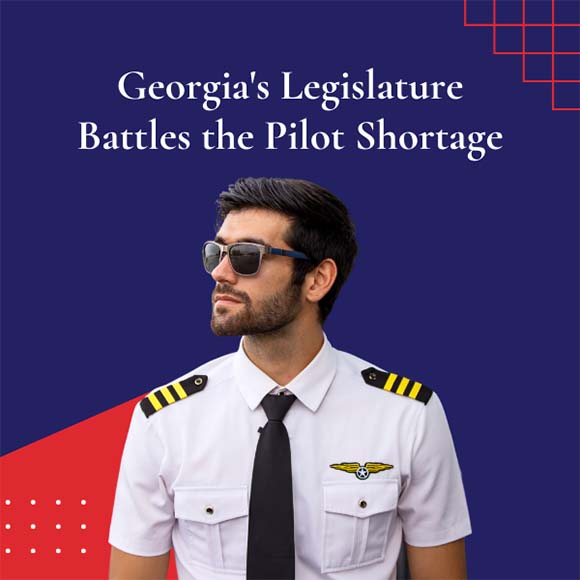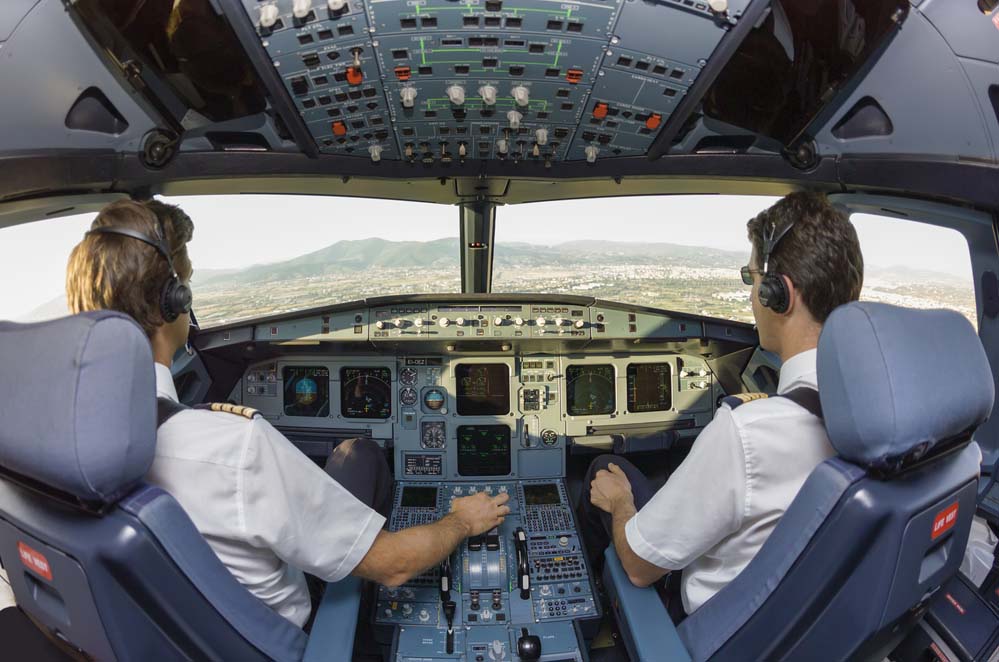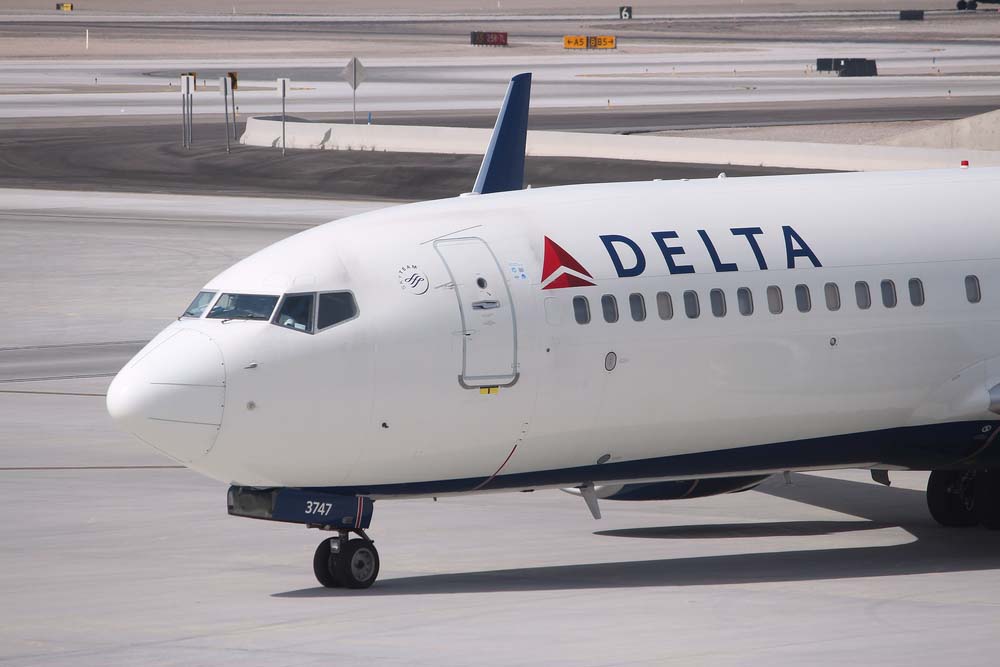Georgia’s Legislature Battles the Pilot Shortage
Mar 20, 2023

As the pilot shortage drones on in the United States, some states are taking action to address it. According to the Georgia Department of Economic Development, the aerospace industry has an economic impact of $68.2 billion. To help address the pilot shortage, the state of Georgia has taken some steps.
What Georgia Is Doing to Address the Pilot Shortage

In October 2021, The Georgia House Appropriations Higher Education Subcommittee hosted multiple aviation leaders to discuss the pilot shortage and find potential solutions. Some of those solutions included increasing early engagement with educational aviation programs.
Since then, Savannah Aviation in Savannah, GA, has helped more pilots enter flight school to help address the shortage. To get more pilots in the field, states and companies will have to incentivize the career path, lower the barrier to entry, and make education accessible for all.
What Is the Pilot Shortage?

The United States has been experiencing a pilot shortage since before the COVID-19 pandemic. Currently, the FAA estimates there is a shortage of 8,000 pilots, and the government estimates there will be 18,000 openings for airline and commercial pilots before the end of the decade.
Why Is There a Pilot Shortage?
There are several factors at play in the pilot shortage, including:
- Retiring personnel: Many of the pilots currently working are set to retire soon. Many also retired during the pandemic.
- Airlines expanding fleets: Demand for flights has grown in recent years, especially once travel picked up again after the pandemic.
- The COVID-19 pandemic: The pandemic incited a “Great Resignation” that inspired many people, including pilots, to leave their jobs or retire early.
What Other Governments Are Doing
Southern Utah University received $320,000 in legislative funding in 2021 to support workforce initiatives and educational programs to help train more pilots. Additionally, the federal government is stepping in. The FAA has issued Aviation Workforce Development Grants, which aim to fund programs that stimulate pilot and technician career opportunities.
What Companies Are Doing to Combat the Pilot Shortage

The pilot shortage hurts airlines, which require commercial pilots to fly their planes. In some instances, airlines have more planes than they have pilots to fly them. For example, Southwest parks about 40 planes per day because they don’t have the personnel to use them. As a result, many airlines have gone on hiring frenzies and launched programs to help get more people into flight school. The certification process to fly commercially often costs between $70,000 and $100,000.
Airline Flight Schools
Delta, the largest employer in Georgia, launched Delta’s Propel Pilot Career Path Program in 2018 to help address the critical shortage. The program provides students at specific universities with several options for becoming pilots with Delta. United Airlines’ program Aviate Academy offers pilots-to-be a more direct path to certification and employment. Alaska Air’s Ascend Pilot Academy tries to mitigate the barrier to entry by offering financial incentives to aspiring pilots.
Keep up with the latest in aviation news
Get the latest updates about the aviation industry on our blog.
For informational purposes only.

